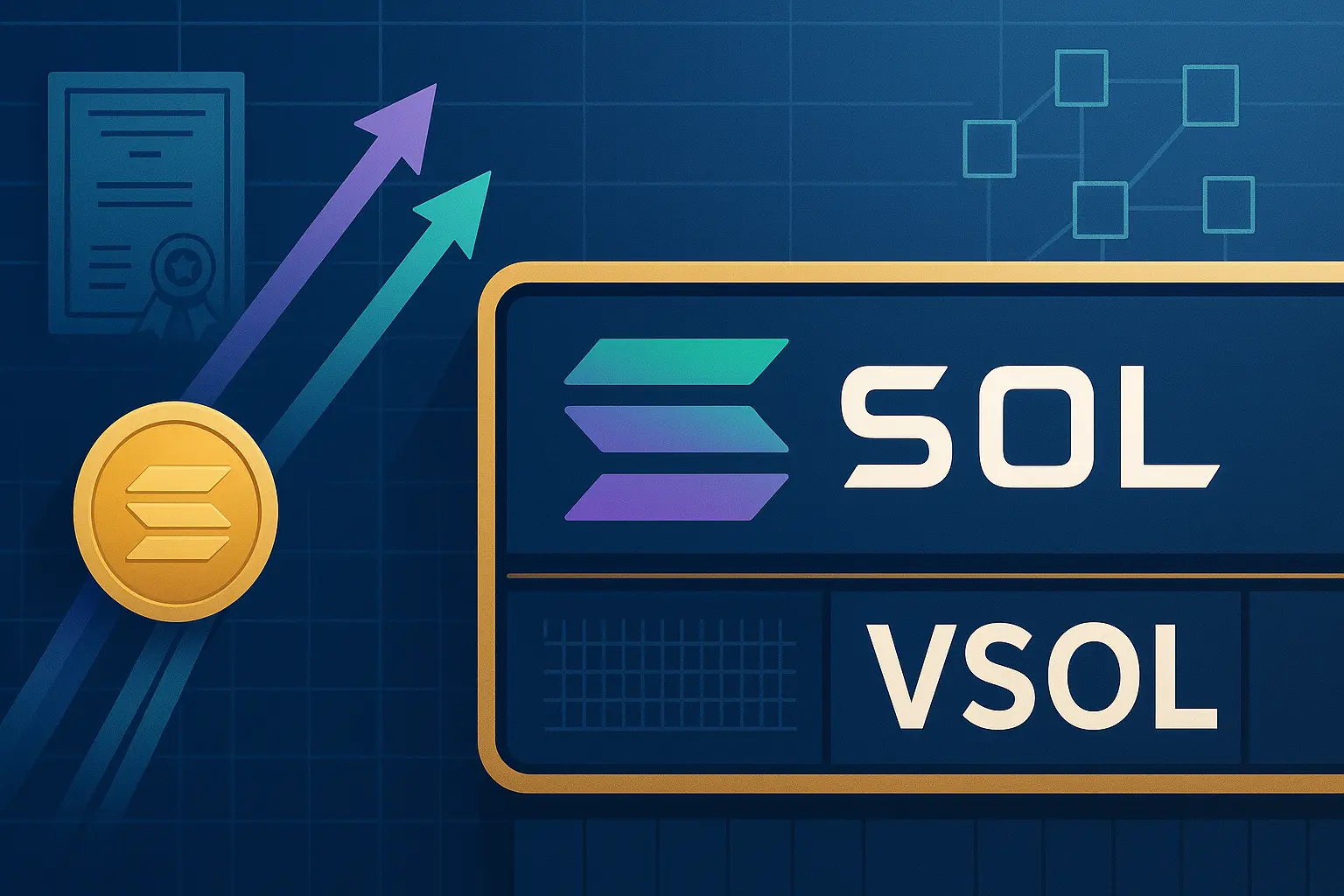Crypto asset manager 21Shares has submitted Form 8-A(12b) to the SEC for its proposed Solana ETF, marking the final procedural step before potential trading launch on Cboe BZX with the ticker VSOL—featuring an industry-first staking yield component.
Regulatory Milestone Achieved
The after-hours filing positions the fund for public listing once the Securities and Exchange Commission grants effectiveness. Industry observers characterize Form 8-A(12b) registration as the concluding administrative requirement before launch, suggesting the product could commence trading following final SEC clearance.
Fund Structure Highlights
The 21Shares Solana ETF combines traditional exchange-traded fund mechanics with on-chain staking rewards, establishing a precedent for U.S.-regulated crypto funds that generate yield through network participation.
Innovative Staking Integration
The ETF's structure tracks Solana's market performance while incorporating staking-based income generation. The fund plans to delegate SOL tokens through trusted validators, including SOL Strategies, operating within established compliance frameworks.
Liquidity Management Strategy
To address operational challenges inherent in staked assets, 21Shares designed a five percent liquidity buffer. This reserve accounts for unbonding periods—the delay required to unstake tokens—and aims to facilitate smooth redemptions during volatile market conditions.
This design pairs a traditional ETF wrapper with on-chain staking so the portfolio can earn SOL rewards while tracking price movements.

Custody and Security Framework
Asset custody will be split between Gemini Trust and Coinbase Custody, both regulated providers offering insured protection for digital assets. This dual-custody arrangement aligns with institutional security standards while providing redundancy safeguards.
Competitive Fee Structure
The fund lists a 0.30 percent annual management fee, covering operational expenses excluding extraordinary legal or regulatory costs. This pricing positions VSOL among the lowest-cost proposed U.S. crypto ETFs, potentially appealing to both retail investors and institutional allocators seeking cost-efficient exposure.
Staking Yield Mechanics
The staking component enables the portfolio to earn SOL rewards through network validation participation. The sponsor emphasized that staking operations will prioritize security protocols, regulatory compliance, and liquidity preservation.
By delegating tokens rather than operating validators directly, the fund mitigates operational complexity while accessing staking returns. This approach allows the ETF to generate yield without assuming technical infrastructure risks associated with validator management.
Regulatory Timeline Uncertainty
The filing operates under Generic Listing Standards, meaning no fixed SEC review period applies. Bloomberg analyst James Seyffart noted that a potential partial federal government shutdown could extend approval timelines beyond typical processing windows.
Federal Operations Impact
Current uncertainty surrounding federal operations introduces timing variability for final SEC decisions. While the procedural framework is complete, administrative capacity constraints could delay effectiveness dates regardless of the application's substantive merits.
Market Implications
If approved, VSOL would establish a template for regulated crypto funds incorporating native blockchain yield mechanisms. The product reflects growing institutional interest in accessing staking rewards through familiar investment vehicles rather than direct token ownership.
The integration of Solana's network economics with traditional market infrastructure represents a significant evolution in crypto-financial product development. Success could prompt similar applications for other proof-of-stake networks, expanding yield-generating options within regulated frameworks.
Competitive Landscape
Multiple asset managers have filed Solana ETF applications, creating competition for first-mover advantage in what could become a substantial product category. The staking component differentiates 21Shares' offering from potential spot-only alternatives.
For Solana's ecosystem, ETF approval would provide institutional on-ramps while potentially increasing network stake through fund validator delegation. This could enhance network security while distributing economic benefits to a broader investor base through regulated products.
Next Steps
The fund awaits final SEC effectiveness determination, with no specified deadline under current rules. Market participants will monitor regulatory developments and federal operational status for indicators of potential approval timing.
Upon launch, VSOL would test investor appetite for yield-bearing crypto ETFs while demonstrating whether traditional finance can successfully integrate active blockchain participation within regulated product structures.